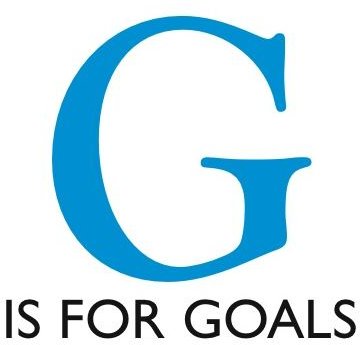How Are Educational and Career Goals Different? Learn to Plot Your Career Path
Career goals involve what you ultimately want to be. The reason so many people
seem unhappy with themselves, their jobs, and their lives is because they have never taken the time to decide what they really want to do in life.
The best time to plan your career goals is while young. Those who set off into adult life without clear goals often go adrift and end up making decisions such as having children, getting married, or taking jobs that limit their opportunity. In such cases, time starts working against you making setting and achieving long term goals more difficult (but not impossible).
To achieve a long term career goal such as becoming a project manager, an airline pilot, a plumber, or a mechanic, one must get involved in short term goal setting. After all, going from a high school graduate to a senior executive is not something that will happen by chance.
Short term career goals involve learning more about the career you have chosen. By meeting people willing to share their experiences, you can first confirm whether or not that field appeals to you, and you can learn more about how to get into that position.
You can also work to develop skills in the career you have chosen by engaging in volunteer work and doing career research on your own.
Before you finish planning how you will achieve your goals, almost everyone will come face to face with one short- to mid-range goal: education. Without gaining the formal training necessary to compete in your field, you will find your career goals elusive.
Image Credit: Wikimedia Commons/ Kfuot001
Educational Goals
Educational goals differ from career goals in that they usually involve action in the near future. Although the academic landscape is increasingly filled with older people pursuing higher education, most people seem to have better chances at achieving their career goals by getting educated while youthful. Among the reasons for this are a more agile mind and more time.
As technology continues to develop and knowledge grows in the world, it takes a very adaptive mind to absorb all the ingredients for academic success. Certainly, everyone should be encouraged to pursue education, but those who are younger will typically excel in the wake of modern academic challenges.
Another reason youth seem to benefit from pursuing educational goals is time. With many careers requiring postgraduate degrees just to get started, people in their 50s and beyond are challenged with the ability to complete their educational goals with enough productive time remaining to achieve career goals. This becomes especially problematic when trying to juggle family, job and community responsibilities while attending college part time. Earning an Associate’s Degree is difficult enough for seasoned students, let alone completing a Masters or Doctorate level degree.
Educational goals are short-term goals that should be a top priority when completing your career plan.
Putting It All Together
Try not to get so involved with your educational goals that you lose sight of career goals that are farther off. While setting your goals, make sure that you make a firm decision about what you want to be in life and then direct your efforts toward getting the best education possible that will qualify you to live your dreams.
